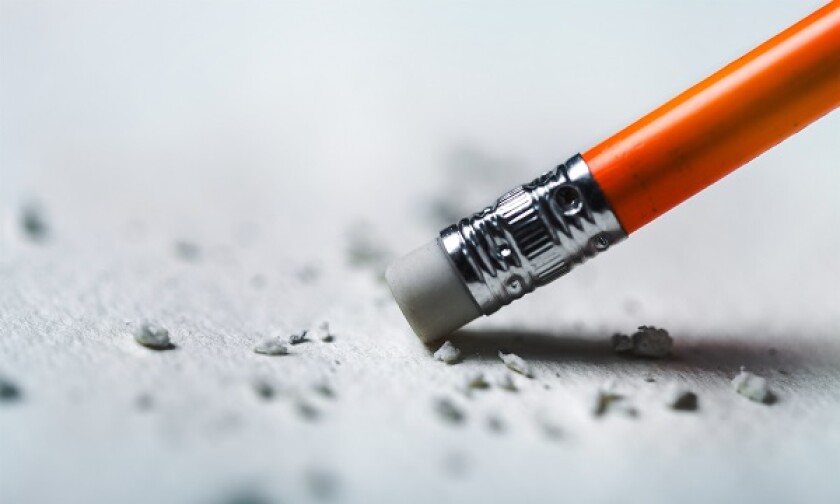Recently, the Korean Supreme Court rendered a new en banc decision finding that a final and conclusive decision granting a patent correction cannot constitute a ground for retrial.
On January 22 2020, the Supreme Court ruled that even if a decision granting a trial to correct a patent (hereinafter, correction decision) becomes final and conclusive after conclusion of the appellate hearing in a patent invalidation action, the appellate decision based on the previous version of the patent claims does not have a ground for retrial under the Korean Civil Procedure Act (Supreme Court Decision No. 2016Hu2522 en banc). This en banc decision has nullified contrary precedents which have been maintained for around the past 20 years.
With regard to grounds for retrial, the Civil Procedure Act provides that a petition for retrial against the final judgment which has become conclusive may be made when an administrative disposition on which the judgment was based has been altered by a different judgment or administrative disposition. The issue reviewed en banc by the Supreme Court was "whether there is a ground for retrial under the Korean Civil Procedure Act if a correction decision becomes final and conclusive after conclusion of the appellate hearing in a patent invalidation action".
In this regard, the Supreme Court previously viewed that such final and conclusive correction decision counts as a ground for retrial since the patent is conclusively and retroactively corrected by such decision, thereby resulting in a situation where the administrative disposition has been altered as provided under the Civil Procedure Act. As such, if there was such a correction decision, the Supreme Court accepted the ground for appeal without reviewing the appeal case, and sent the case back to the lower court.
However, such practice has been criticised for the so-called "catch-ball phenomena" where an invalidation trial goes back and forth repetitively between the Patent Court and the Supreme Court by correcting a patent through a correction trial, resulting in an undue delay in litigation procedures and dispute resolution.
Eventually, the Supreme Court has developed a new legal principle that there is no ground for retrial based on a final and conclusive correction decision obtained after conclusion of the appellate hearing in a patent invalidation action. Further, the Supreme Court determined that the same legal principle should apply to scope confirmation and patent infringement actions.
The reasons for the legal principle above are as follows:
1) Even though a correction decision becomes final and conclusive, it cannot be considered that there is any alteration in the administrative disposition on which the judgment was based;
2) Even though a correction decision becomes final and conclusive, it is difficult to say that the contents of the patented invention before correction have been conclusively changed by such correction decision; and
3) Given that litigation procedures and dispute resolution would be unduly delayed, a patent holder is not permitted to contend the appellate decision simply because the grounds of appeal have been changed according to a final and conclusive correction decision obtained after conclusion of the appellate hearing.
In addition, after reviewing the inventiveness of the previous patent claims upon which the Patent Court decision had been rendered, the Supreme Court overruled the Patent Court decision and remanded the case to the Patent Court because the Patent Court erroneously applied a hindsight bias when determining the inventive step.
Up to now, a patent holder could take advantage of a correction trial as a strategic option to prevail in an appeal to the Supreme Court, even after receiving a decision affirming invalidation from the Patent Court. However, from now on, the patent correction made by such a belated correction trial will not be effective since it no longer serves as a ground for retrial when appealing to the Supreme Court.
Therefore a patent holder should make an effort to obtain a correction decision in a timely manner so that the best version of the claims can be considered at the latest during the proceedings at the Patent Court, if he/she wishes to remove grounds for invalidation by correcting the patent claims.
Min Son
Partner, Hanol IP & Law












